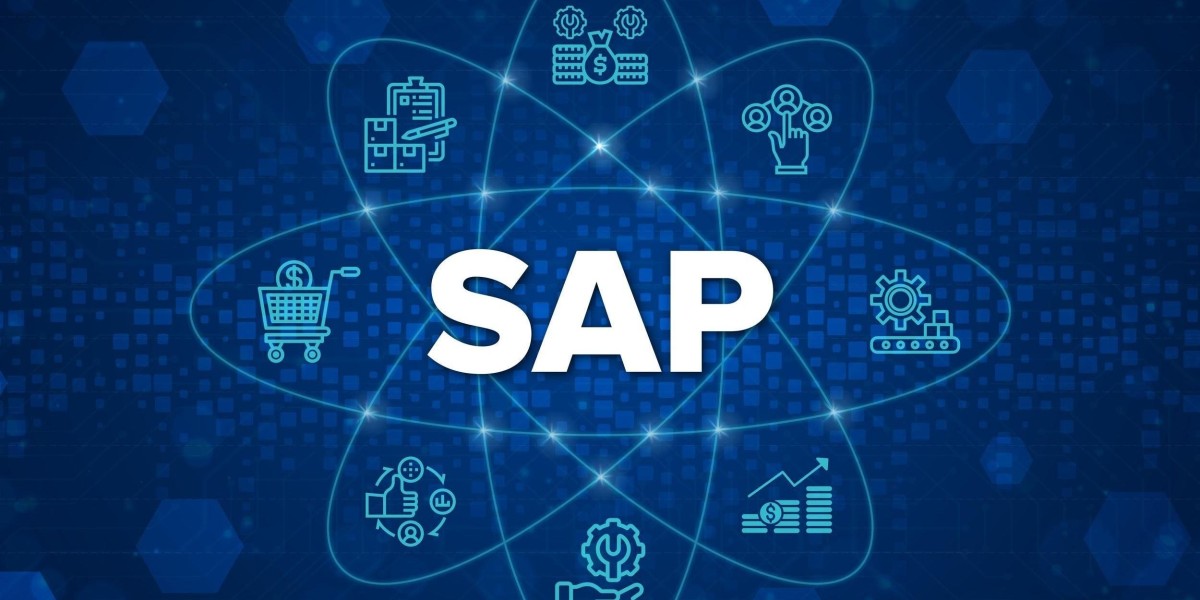In today's rapidly evolving corporate landscape, professionals are constantly seeking ways to accelerate their career trajectories and secure coveted leadership positions. One increasingly popular pathway that has garnered significant attention is mastering business systems, particularly enterprise resource planning (ERP) platforms like SAP. The question that many ambitious professionals ask themselves is whether acquiring expertise in these sophisticated systems can serve as a strategic shortcut to executive roles.
Business systems expertise has fundamentally transformed the modern workplace hierarchy. Organizations across industries rely heavily on integrated platforms to manage their operations, from supply chain management to human resources and financial planning. Professionals who possess deep knowledge of these systems often find themselves in unique positions of influence, as they become the bridge between technical capabilities and strategic business objectives. This intersection of technical proficiency and business acumen makes them invaluable assets to their organizations. SAP Training in Mumbai has become increasingly popular among professionals who recognize this career acceleration opportunity.
The Strategic Value of Systems Knowledge
Understanding complex business systems goes beyond mere technical proficiency. It involves comprehending how data flows through an organization, how different departments interconnect, and how technology can be leveraged to drive business outcomes. This holistic perspective is precisely what distinguishes effective leaders from technical specialists. When professionals master systems like SAP, Oracle, or Microsoft Dynamics, they gain insights into operational inefficiencies, process optimization opportunities, and strategic growth potential that others might overlook.
The ability to interpret system-generated analytics and translate them into actionable business strategies is a skill that executives highly value. Leaders who can navigate complex technological landscapes while maintaining focus on business objectives often find themselves fast-tracked into management positions. Their unique perspective allows them to make data-driven decisions, identify cost-saving opportunities, and implement process improvements that directly impact the bottom line.
Many organizations actively seek leaders who can speak both the language of technology and business strategy. This dual competency eliminates the need for translation between technical teams and executive leadership, streamlining decision-making processes and improving organizational agility. SAP Training in Mumbai programs specifically focus on developing this critical blend of technical expertise and business understanding.
Building Cross-Functional Leadership Skills
Business systems expertise naturally develops several key leadership competencies. First, it cultivates analytical thinking and problem-solving abilities. Working with complex data sets and system configurations requires professionals to approach challenges methodically, break down problems into manageable components, and develop systematic solutions. These cognitive skills are directly transferable to leadership scenarios where strategic thinking and problem resolution are essential.
Second, systems professionals often serve as project managers, coordinating implementations, upgrades, and process changes across multiple departments. This experience provides valuable exposure to change management, stakeholder communication, and cross-functional collaboration , all critical leadership skills. They learn to navigate organizational politics, manage conflicting priorities, and drive consensus among diverse teams.
Furthermore, business systems work inherently involves risk assessment and mitigation. Professionals must evaluate potential system vulnerabilities, plan for contingencies, and ensure business continuity during technological transitions. This experience in risk management and strategic planning directly translates to executive-level responsibilities where leaders must anticipate market changes, assess competitive threats, and guide organizations through uncertainty.
The communication skills developed through systems work are particularly valuable for aspiring leaders. SAP Training in Mumbai emphasizes the importance of translating complex technical concepts into understandable business terms, a skill that becomes increasingly important as professionals advance into leadership roles where they must communicate with diverse audiences.
Industry Recognition and Career Acceleration
Organizations across various sectors recognize the strategic value of employees who possess deep business systems knowledge. These professionals often receive preferential consideration for promotion opportunities, as their expertise directly contributes to operational efficiency and competitive advantage. Many companies have established fast-track career programs specifically for high-performing systems professionals, recognizing their potential for leadership roles.
The certification and training ecosystem surrounding major business systems platforms provides structured pathways for career advancement. Professional certifications demonstrate commitment to continuous learning and mastery of complex concepts , qualities that organizations associate with leadership potential. These credentials serve as objective measures of competency and often correlate with increased compensation and advancement opportunities.
Moreover, the scarcity of qualified business systems professionals in the job market creates significant leverage for those who possess these skills. Organizations are willing to invest in the career development of systems experts, providing them with additional training opportunities, leadership development programs, and exposure to senior management. This organizational investment often accelerates the transition from technical roles to management positions.
SAP Training in Mumbai institutions report that their graduates frequently experience rapid career progression, with many advancing to supervisory and management roles within 18 to 24 months of completing their certification programs.
The Consulting Advantage
Business systems expertise opens doors to consulting opportunities that can significantly accelerate leadership development. Many systems professionals transition into consulting roles where they gain exposure to diverse industries, varied business challenges, and different organizational structures. This broad experience base provides invaluable insights into effective leadership practices and business strategies.
Consulting work inherently involves client relationship management, project leadership, and business development , all essential leadership competencies. Systems consultants must quickly understand client needs, develop tailored solutions, and manage complex implementations while maintaining strong stakeholder relationships. These experiences provide compressed leadership development opportunities that might take years to acquire in traditional corporate environments.
The entrepreneurial aspects of consulting also foster leadership qualities such as business development, financial management, and strategic planning. Many successful systems consultants eventually establish their own practices or transition into executive roles within client organizations, leveraging their broad experience base and proven track record of delivering results.
Independent consultants often command premium rates for their expertise, providing financial resources and professional flexibility that can support further leadership development. SAP Training in Mumbai programs often include modules on consulting best practices and business development, recognizing the career potential in this pathway.
Measuring Leadership Readiness
While business systems expertise provides valuable skills and opportunities, true leadership readiness requires additional competencies beyond technical knowledge. Emotional intelligence, strategic vision, and people management capabilities remain fundamental leadership requirements that cannot be developed solely through systems training.
However, the analytical mindset, process orientation, and problem-solving capabilities developed through business systems work provide a solid foundation for developing these additional leadership skills. The data-driven approach inherent in systems work aligns well with modern leadership practices that emphasize metrics-based decision making and performance optimization.
Organizations increasingly value leaders who can balance technical understanding with strategic vision, making business systems professionals natural candidates for leadership development programs. SAP Training in Mumbai centers are adapting their curricula to include more leadership-focused content, recognizing the career aspirations of their students and the evolving needs of the job market.
Conclusion
While mastering business systems such as SAP is not a standalone shortcut to leadership, it is undeniably one of the most powerful accelerators of career growth in today’s corporate landscape. Expertise in ERP and other integrated platforms places professionals at the intersection of technology and strategy, equipping them with analytical, cross-functional, and problem-solving skills that directly align with leadership demands. This dual capability, understanding how systems drive efficiency while translating insights into business outcomes, makes systems experts highly sought after for managerial and executive positions.







